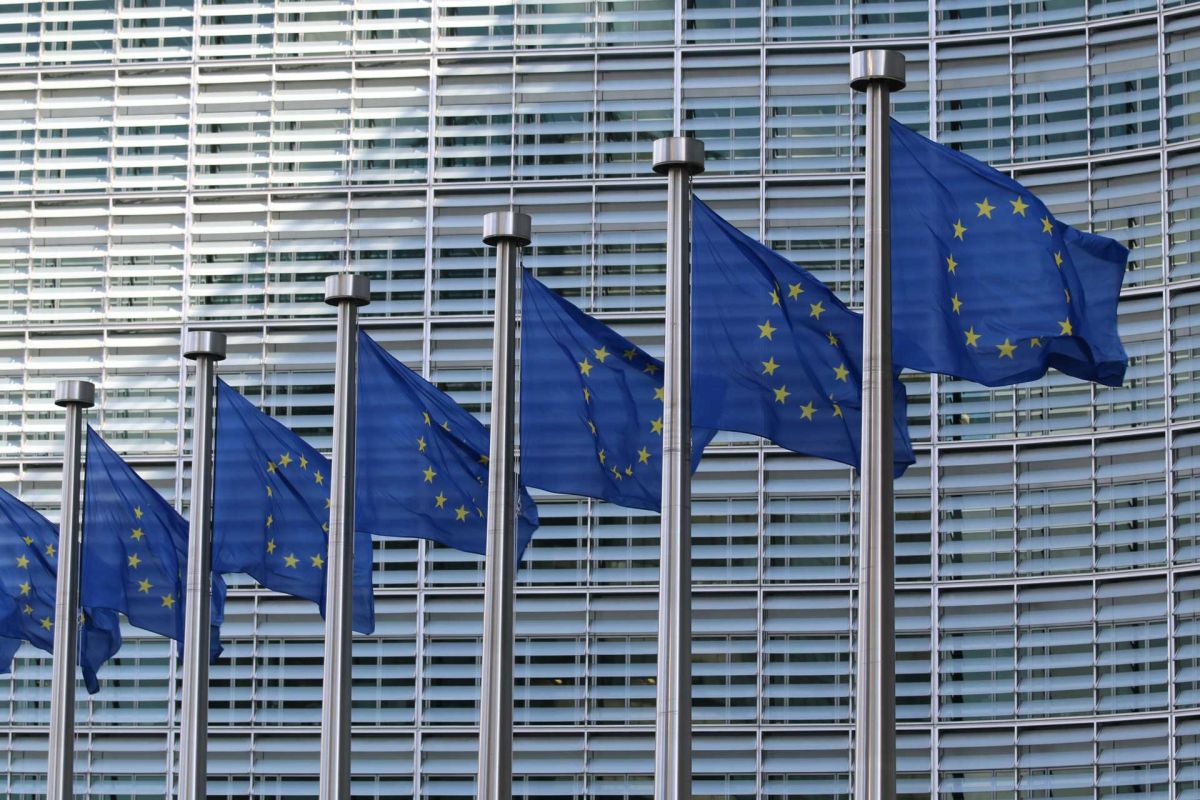Right of residence under EU law in Austria for EU citizens and their relatives

What do you have to pay attention to and what bureaucratic requirements must be met if you make use of the right of residence under EU law and settle in Austria as a citizen of another EU member state and what applies to your family members?
Requirements for the right of residence in Austria under EU law
Even though the fundamental freedom of movement of persons generally allows EU citizens to live or work in another member state without restrictions, there are still some important points to consider when immigrating to Austria. The regulations described below apply not only to EU citizens, but also to nationals of the European Economic Area (Iceland, Liechtenstein and Norway) and Switzerland.
EU citizens are generally authorised to stay in another member state without a visa for a period of up to three months. If they wish to settle in Austria for a longer period, they may only do so if they are working in Austria (as employees or self-employed persons) or if they have sufficient means of subsistence and comprehensive health insurance cover for themselves and their family members (private individuals) or if the main purpose of their stay is for educational purposes and the person concerned has sufficient means of subsistence and comprehensive health insurance cover for themselves and their family members. In both cases, no social welfare benefits may be claimed.
Sufficient means of subsistence are deemed to exist if they are above the social welfare threshold. In Austria, this limit is determined by the means-tested minimum income (depending on the federal state, in Vienna in 2024 this is an income below the limit of € 1,155.84 for single persons or single parents, € 809.09 [per person] for couples and € 312.08 additionally for underage children [per child]).
Right of residence for relatives of EU citizens
Relatives of EU citizens who make use of their right of residence in Austria and who are EU citizens themselves are also entitled to reside in Austria. Relatives include spouses, registered partners or cohabiting partners (whereby the existence of a long-term relationship must be proven). They also include certain other relatives, such as relatives in the descending line (children, including stepchildren, adopted children and grandchildren up to their 21st birthday, provided that maintenance is actually provided), relatives in the ascending line (parents or grandparents, provided that maintenance is actually provided) or other relatives (who have already received maintenance in the country of origin or have lived in a household or for whom personal care is urgently required due to health problems).
Relatives of EU citizens (who make use of their right of residence in Austria) who are not EU citizens themselves also have a right of residence in Austria under EU law. This is also associated with unrestricted access to the Austrian labour market and an employment permit is not required. The status of family member is assessed according to the same criteria as for family members who are themselves EU citizens.
Registration certificate and residence card
EU citizens or their relatives who wish to settle in Austria on the basis of the requirements described above must notify the competent authority (in Vienna this is Municipal Department 35) within four months. The authority must then issue a registration certificate documenting the right of residence in Austria under EU law. When applying, in addition to a valid passport or identity card, proof of the right of residence under EU law must be submitted (e.g. employment contract, proof of sufficient financial means, confirmation of school attendance, etc.).
Third-country nationals of EU citizens are issued a residence card to document their right of residence in Austria. The application for this must also be submitted to the competent authority within four months of entry. This documents free access to the labour market. Upon application, the Public Employment Service Austria (AMS) can also issue a separate confirmation of this.
© Dr. Alexander Raidl. All rights reserved.
Powered by Nail It.
